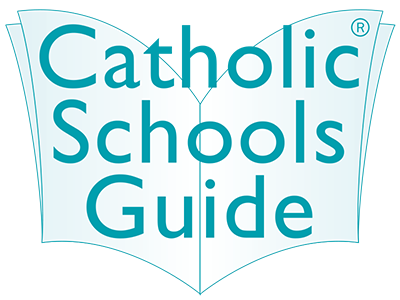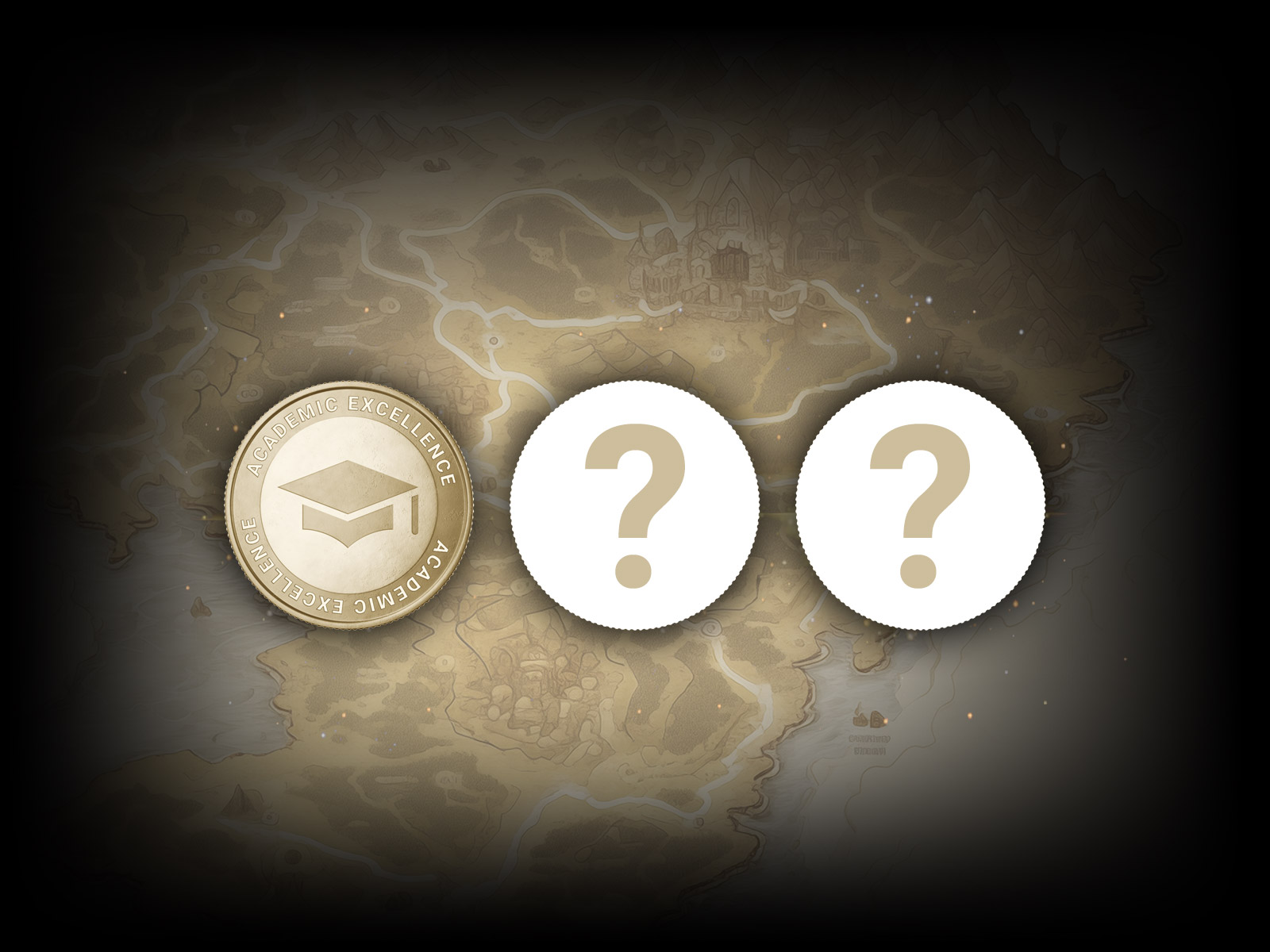News and Media

What does Anzac Day mean and how did it begin? Kids News explains
Article Source: https://www.kidsnews.com.au/history/what-does-anzac-day-mean-and-how-did-it-begin-kids-news-explains/news-story/4840ee7964ead73e9ec3826331fe78f4
WHAT IS ANZAC DAY?
Anzac Day, on April 25 each year, is an Australian and New Zealand national day of remembrance* for Australians and New Zealanders at home and around the world.
The day marks the anniversary of the first big military action by Australian and New Zealand soldiers in World War I on April 25, 1915.
WHAT DOES THE WORD ANZAC MEAN?
ANZAC is the acronym* formed from the first letters of the words Australian and New Zealand Army Corps*.
It was first written as “A & NZ Army Corps”, when Australian and New Zealand soldiers were grouped together in Egypt waiting to go to Gallipoli to start fighting. The soldiers who fought at Gallipoli became known as ANZACs.
From 1917, soldiers who had fought at Gallipoli wore an “A” badge on their uniform.
When referring to the Australian and New Zealand Army Corps, it’s written as ANZAC (in capital letters), and mostly as Anzac (in lower case letters) for other things such as Anzac Day or Anzac biscuits.
WHERE IS GALLIPOLI? WHAT HAPPENED THERE?
Gallipoli is a narrow peninsula* of land in modern-day Turkey.
When Britain went to war in 1914, Australia went to war to support Britain as an ally*.
In 1915, Australian and New Zealand soldiers were part of the effort to seize the Gallipoli peninsula from the Ottoman Empire (Turkey). The aim was to move across the land and eventually capture Constantinople (now Istanbul), the capital of the Ottoman Empire, which was an ally of Germany.
The Australian and New Zealand soldiers first landed on the beaches of Gallipoli at dawn on April 25, 1915, meeting strong resistance from the Ottoman Turkish soldiers. The fighting dragged on for eight months before the allies were evacuated from the peninsula.

